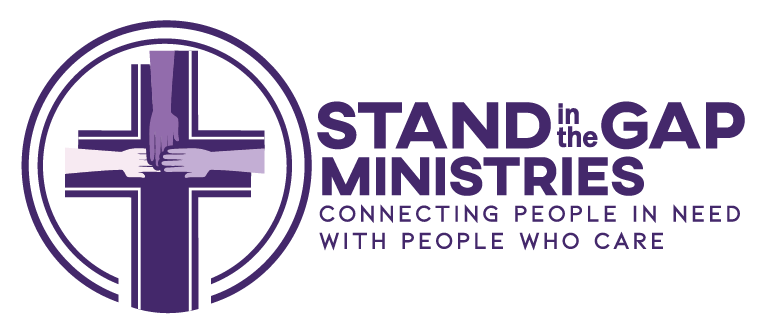One evening in February of this year, we got a message on Facebook that started like this,
“Hi I am a Kenyan widow aged 41 years. I would like assistance in coping with grief and loss to help other women in our society going through the same experience.”
Our Stand in the Gap for Widows team, Amy Woody and Sam Stewart, realized that the moment that they’d been dreaming of was going to come a little sooner than they’d expected.
Last year, a mission trip to Moldova was Sam’s first experience with widow’s ministry in an international setting. “It was so clear,” she says, “they want the same things we do… they want to hear someone else’s story and to talk about their story and see that we aren’t all that different.”
In the last two years, more than 50 American churches have joined Stand in the Gap for Widows as partners. Representing states from New York to Washington and Illinois to Florida, these churches implement the programs and ministries that make up the Stand in the Gap for Widows Toolkit. They receive regular support and continually updated materials from our staff. Looking back, Sam says, “We had been growing so much in the states, so we knew the next logical step was to grow internationally. We were talking about and dreaming about this step for our 2025 goals. But God!” Only two months into the year, it began to seem like God had another timeline.
Right after Amy returned Ruth’s Facebook message, the team got another message from Kenya. This time, Jackie in Nairobi was reaching out because she’d found Stand in the Gap for Widows online. Jackie had already formed a ministry for widows and said she was looking for resources to help continue the work she had already started. A widow herself, Jackie said “I have experienced first-hand the suffering of widows in Kenya which sometimes leaves them destitute.”
Over the ensuing conversations with Ruth and Jackie, Amy and Sam were struck by both the similarities and the differences between the experiences of widows around the world. Jackie was organizing a medical mission to support over 1,000 widows in the slums of Nairobi. She referenced a legal system that leaves widows particularly vulnerable and the inconsistent levels of education that can make it difficult for a widow to become the financial provider for her family.
But on a more personal level, widows around the world face the same questions about life after loss. “’Who are you in your family now? How do you fit in society now? What is your purpose now?’ Those are questions that widows ask themselves no matter where they live” Sam says. “And those are questions that our small groups, our faith-based curriculum, and our larger toolkit are designed to help widows answer for themselves.”
Jackie’s and Ruth’s widows’ ministries both have the support of their churches. Both are planning to begin with the small group curriculum in their existing widows’ small groups. “From there, we can’t wait to see what we learn from them. That’s always an important part of these partnerships and the most effective way for us to build our Toolkit; listening to our partners and learning what works for them,” Sam says. “For example, Jackie runs a high-impact legal aid clinic for widows in her community in Nairobi. Even though the laws are different, the idea of providing practical support for a widow navigating the legal process that follows a death is a great one and translates across cultures.”
This summer, Sam will return to Moldova to welcome the program’s third international partner, New Hope Eurasia. That ministry is in partnership with Tulsa’s Church on the Move and will begin translating the small group curriculum into the languages of the people they serve, often Ukrainian refugees and widows of war.
Are you ready to join our movement to “Leave No Widow Alone”?
Donate to the cause



